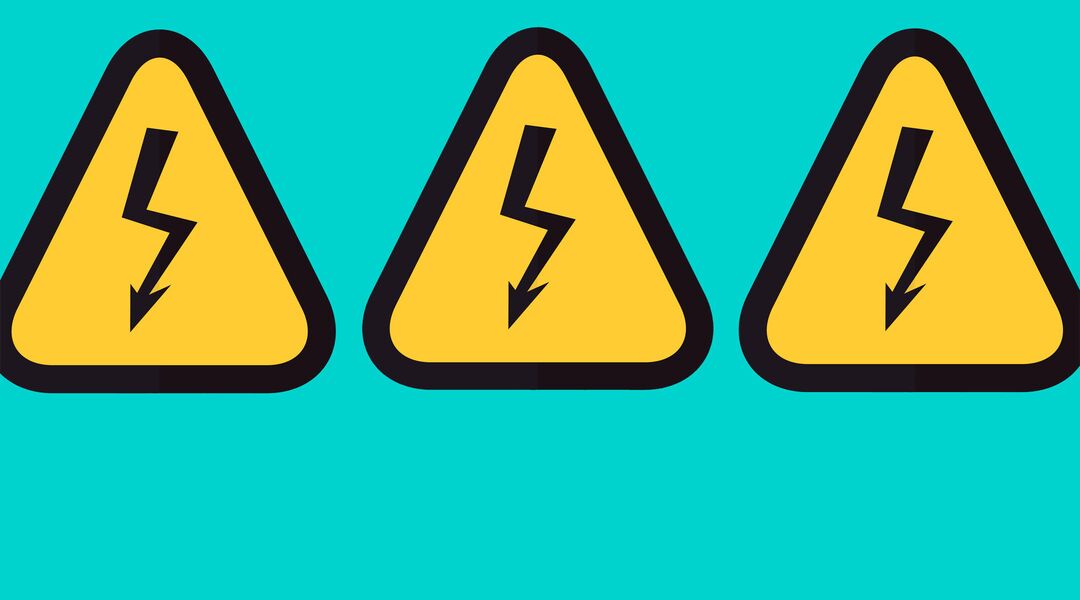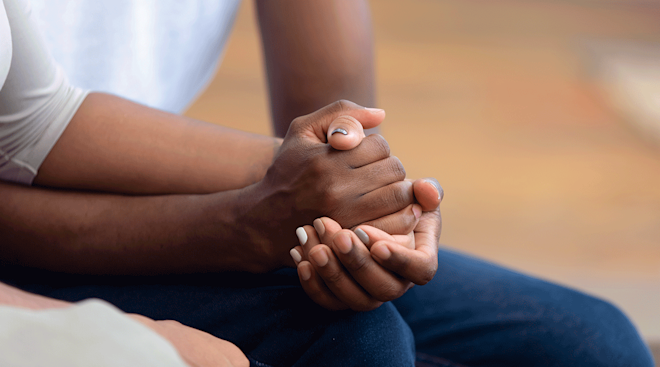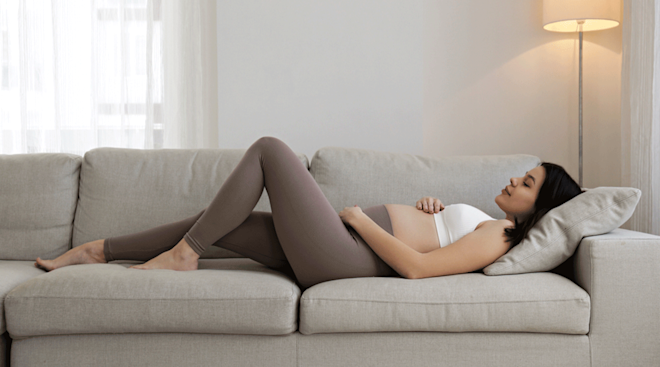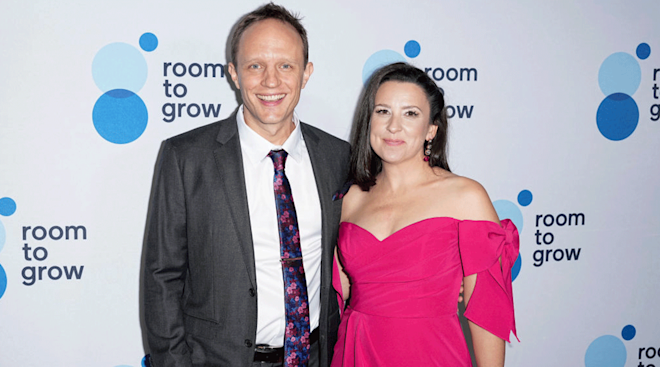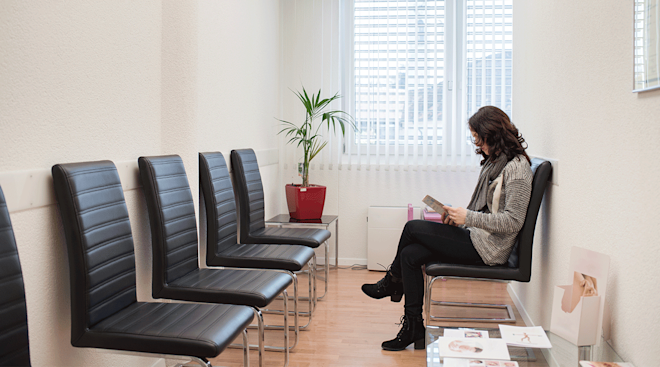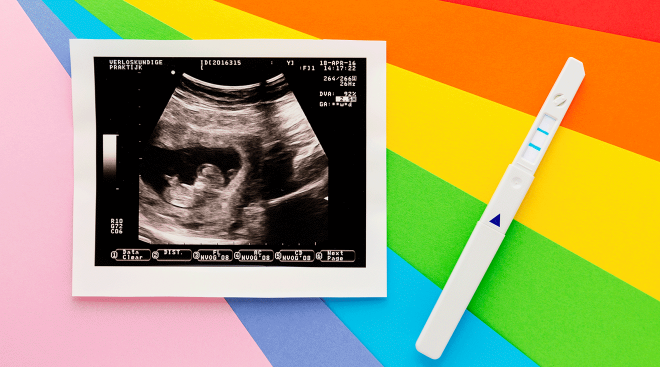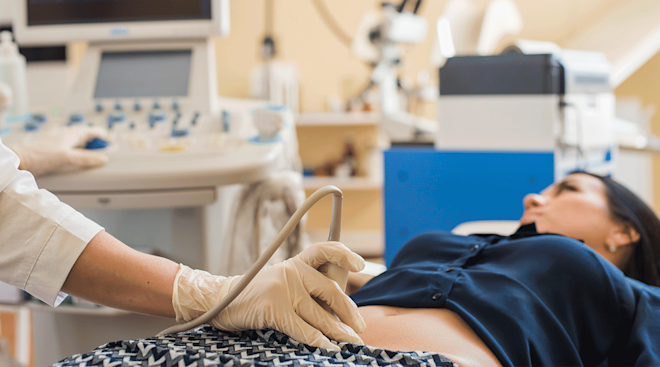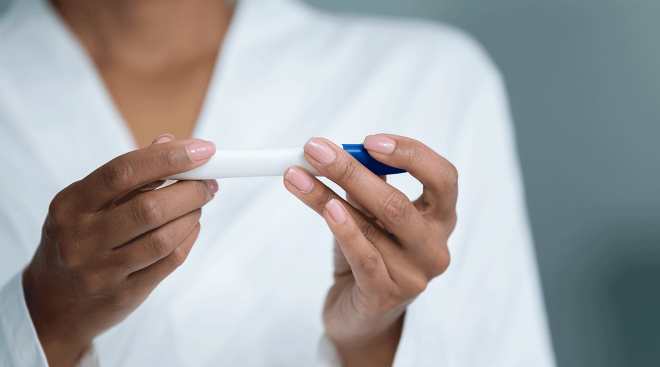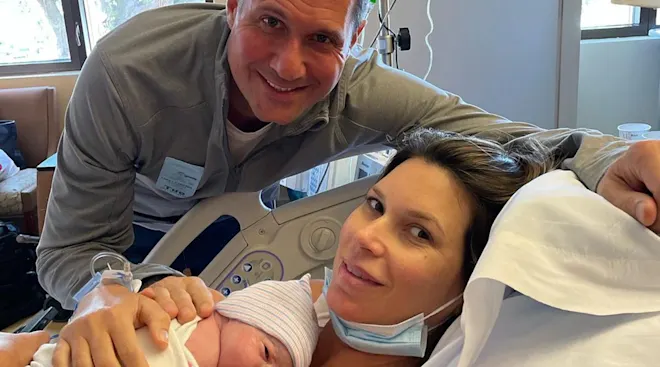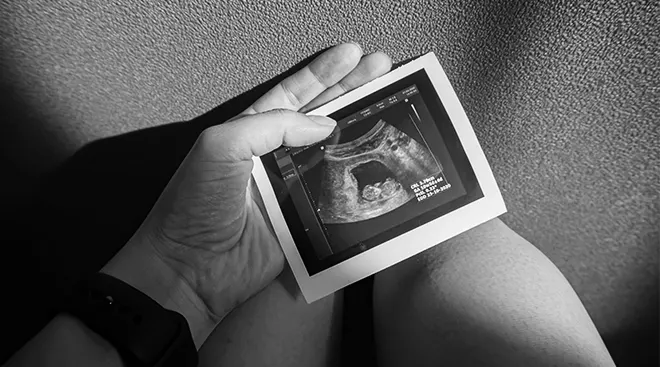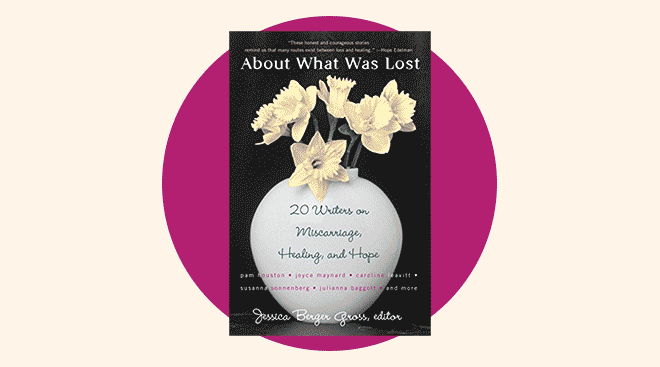Trying to Conceive? 3 Ways to Reduce Your Miscarriage Risk
According to scientists from the University of Copenhagen, one in four miscarriages might be preventable if a woman pays closer attention to her lifestyle choices. The scientists, who published the study in BJOG: An International Journal of Obstetrics and Gynaecology found that avoidable risks, like being under- or overweight before conception, working nights, lifting heavy loads, being over the age of 30 and drinking during pregnancy, were ways to reduce a woman’s miscarriage risk.
For the study, researchers in Denmark analyzed 91,427 pregnancies between 1996 and 2002, 3,177 of which unfortunately ended in a miscarriage before 22 weeks. At 16 weeks, women in the study were asked about their lifestyle preconception and during pregnancy. For women who had previously suffered a miscarriage, researchers asked about their habits prior to losing the baby. They found that age, drinking habits, lifting more than 44 pounds, working night shifts and being obese were all associated with a miscarriage risk. And of those risk factors, scientists also noted that age and alcohol were the most significant factors in a woman’s miscarriage risk.
They found that if women were able to cut these risk factors to very low levels, 25 percent of miscarriages could be prevented. “In a prevention scenario where women conceived at the age of 25 to 29 years, consumed no alcohol during pregnancy, were normal weight before pregnancy, did not lift more than 20 pounds daily during pregnancy and worked only during the day, 25.2 percent of miscarriages were preventable,” they wrote. However, they added that the study did not show that these factors absolutely result in miscarriages—only that these are the most identifiable factors associated with a heightened miscarriage risk.
So how can you lower your risk?
Stop yo-yo dieting
Do you think you might be extremely overweight or underweight? Calculate your body mass index (BMI) using this tool now. Having a low BMI (18.5 or less) or a very high BMI (over 30) could cause you to have irregular or missed periods. And being extremely underweight could make you stop ovulating altogether. Obesity can increase the risk of pregnancy complications such as gestational diabetes, preeclampsia, birth defects and the need for a c-section. So it’s important to be at a healthy weight when you’re trying to conceive.
If you fall into either of these categories, talk to your doctor about how to get to a healthy weight. You’ll want to eat right, getting plenty of nutrients; exercise; and drink plenty of water. Often, even a small weight gain or loss is enough to get your body ready to make a baby, as long as it’s done healthily.
One of the researchers involved in the study, Sandra Feodor Nilsson, said, “Miscarriage is the most common adverse pregnancy outcome, affecting at least one in seven pregnancies.” And though the research clarifies the risks associated with a miscarriage, further research is needed to conclude that a relationship does exist—and what women can do to prevent them.
Slow down on the drinking
Sorry to break the news, but you should skip your friends’ bar crawl while you’re trying to conceive, or at least stick to sparkling water while you’re there. That’s because drinking to excess (more than two drinks each day) is linked to irregular periods, lack of ovulation, and abnormal estrogen and progesterone levels, which can make it harder to conceive. Plus, if you’re charting, it can make it challenging to temp accurately.
The other reason why you might want to nix the alcohol is because, well, you’ll have to anyhow once you get pregnant, to eliminate the possibility of fetal alcohol syndrome, and it will take about two weeks (or more) after you conceive to know that you’re actually pregnant. Tell your partner to limit his alcohol intake too. There’s evidence that drinking can affect his fertility as well.
Talk to a doctor if you’re waiting to get pregnant
A woman’s baby-making potential typically starts to decline in her mid to late 20s and undergoes a steep drop around her 35th birthday. That said, many, many women conceive easily in their late 30s and even early 40s. To gauge whether or not you’ll have fertility issues, ask yourself: Do you have irregular or very painful menstrual cycles? Do you suffer from a chronic illness such as diabetes, thyroid disease or PCOS (ovarian cysts)? Did your mother go through menopause early? A “yes” to any of these indicates that you might have trouble conceiving. But the best way to assess your chances is to start trying as soon as possible.
Please note: The Bump and the materials and information it contains are not intended to, and do not constitute, medical or other health advice or diagnosis and should not be used as such. You should always consult with a qualified physician or health professional about your specific circumstances.
Navigate forward to interact with the calendar and select a date. Press the question mark key to get the keyboard shortcuts for changing dates.
































